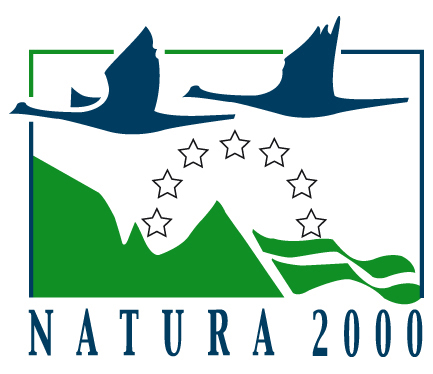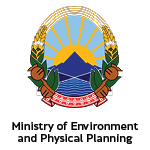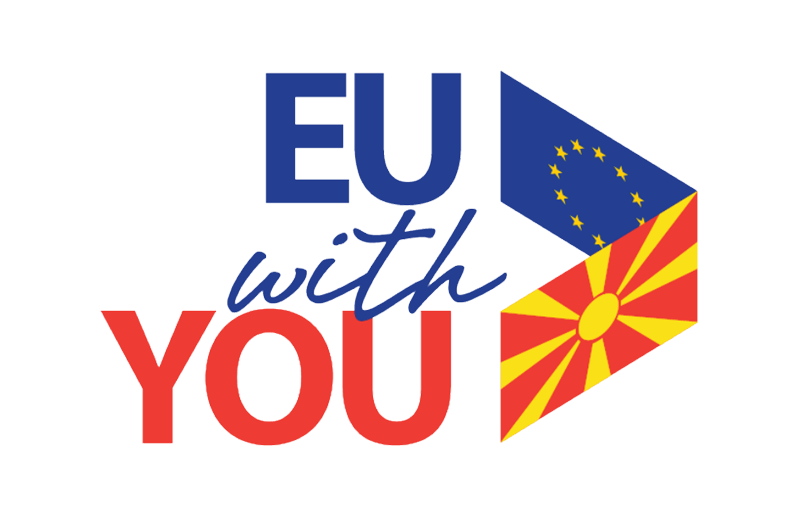In all candidate countries gradual introduction of Natura 2000 is requested as it is a complex process that requires lots of time. Although the sites are not going to become official parts of the Natura 2000 network until becoming a member, the legislation needs to be adjusted and this would actually mean greater protection of the endangered spices and habitats. Also, the process of selecting potential Natura 2000 sites that will become official once the country becomes a member, needs to be started well in advance of accession. The first 7 sites of Natura 2000 will be proposed as part of the project “Strengthening the capаcities of implementation of Natura 2000” by the end of 2016.
The functioning of Natura 2000 is based on the two EU directives: the EU Birds Directive and the EU Habitats Directive.
- Birds Directive – defines the criteria and establish tools for stopping extinction of the bird species,
- Habitats Directive – sets the rules for the protection of other species, as well as plants and natural habitats and procedures in order to protect particular important natural areas.
According to the above-mentioned acts, each EU member state has a duty to ensure that natural habitats and species listed in the Annexes of the Habitats and the Birds Directive ensure favourable conditions for the protection or conservation of their good status through the designation and protection of areas where these habitats and species are present. The species and habitats that are present in our country will be explored and will be used as a bases to suggest the Natura 2000 sites, while at the same time the legislation will be adjusted with EU. The new legislation needs to be adopted before becoming a member state while the preparatory work of designation of areas is a long-term process and its initiation is one of crucial condition for EU accession.
Creation of new areas is possible in the throughout the European Union, it’s a continual process.
Our country is rich in biodiversity and Natura 2000 can only improve its image. That will ideally affect the promotion and development of the region in general, as well as the specific Natura 2000 areas. In addition, some of those areas are agricultural, and many people are willing to buy products of agricultural origin produced in environmentally valuable areas. The origin of such products is linked to the place of their production, which creates the opportunity for the products to get the value add as well as the area to be promoted, resulting in financial benefits. At the end there is the potential to create products carrying the umbrella brand of Natura 2000, promoting all the products produced in all of the areas spread in the country.
The main objective of those programs is to improve the quality of the natural environment in rural areas, including in particular the maintenance and restoration of valuable habitats by promoting sustainable farms, appropriate use of soil and water conservation and protection of endangered species. In fact, due to such programmes more and more people in the EU are interested that their area becomes part of this ecological network.
The increasing demand for rural tourism provides opportunities for those interested in running this type of business to obtain a large number of potential customers due to Natura 2000. Exceptional opportunities exist in the naturally valuable areas, in particular those of Natura 2000. Its development doesn’t interfere with the protection of natural values and should therefore be encouraged and popularized. Well organized and advertised activities of rural tourism can become an activity that lasts throughout the year, bringing tangible financial benefits.
Generally, in Birds Directive and Habitats Directive, there are rules on the strict protection of species. These are also closely related to hunting and will need to be reflected in national legislation. As for Natura 2000 sites, there might be specific restrictions for hunting in individual protected areas, depending on its specific target features and conservation objectives.
Information that is available on this website is dedicated to provide a complete understanding of issues in relation to Natura 2000 in our country, you can also find general information on the site of the European Commission – www.ec.europa.eu/environment/nature/natura2000. If the information is not sufficient, please feel free to contact us.
Although the locations are only proposed at the moment, and will become official only when the country becomes an EU member, you can get information regarding the proposed locations and view the map on the part of the web site dedicated to Natura 2000 in the country.



